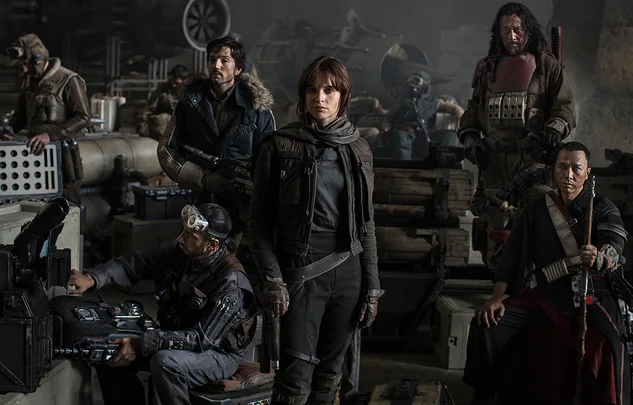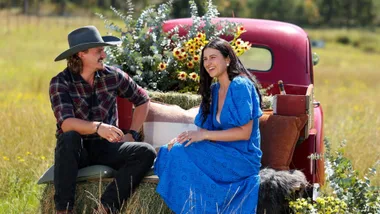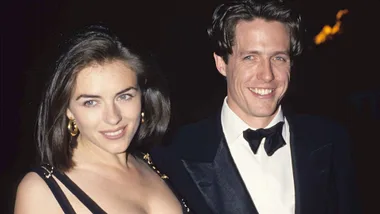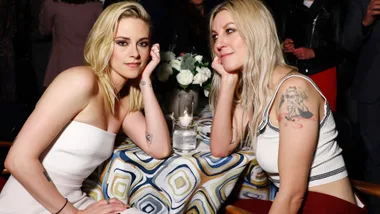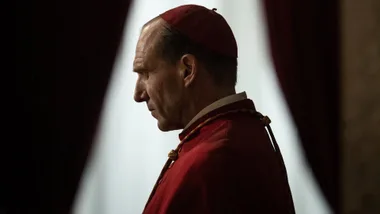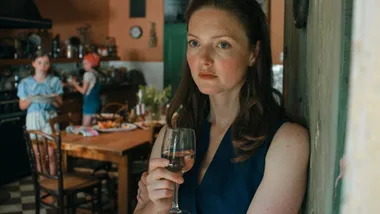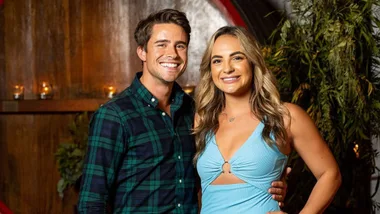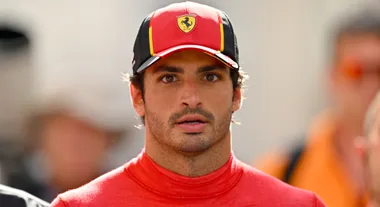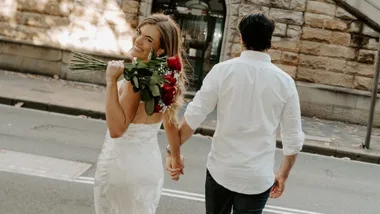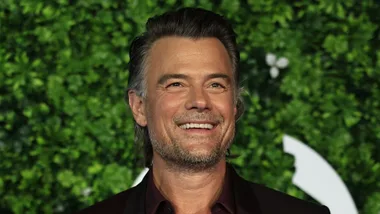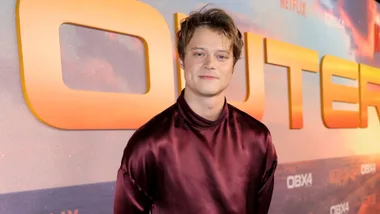When I was 10 years old my cousin took me to a screening of Star Wars: Return of the Jedi at the IMAX theatre in Darling Harbour. The lights went down, the scrolling crawl kicked in – “A long time ago, in a galaxy far, far away” – and that booming, unmistakeable orchestral chord blasted out signalling that here was a film that was larger than life and fuelled by imagination, that told the tale of other worlds and strange cuddly Ewok creatures and swords fashioned from beams of pure, incandescent light. I was amazed. I was thrilled. I was hooked.
Over the years the force with which Star Wars has gripped my imagination has ebbed and flowed. In the dark days of the prequels I was less than enamoured with the bad plotting, the bad acting, and the bad character development. But I loved the thrilling graphics, the soaring pod racing sequences, Natalie Portman’s outlandish hair and makeup. Star Wars was still the ne plus ultra of moviemaking: the kind of storytelling that elevates films from moving images on a screen to pure, unadulterated fantasy.
There was only one problem. Almost everyone in it was white.
Sure, there was the swagger of Lando Calrissian in The Empire Strikes Back and, later Samuel L. Jackson’s Mace Windu, but for the most part non-anglosaxon faces in the franchise were few and far between. And yes, the series is studded with the multicultural hallmarks of a galaxy far, far away – humans rub shoulders with different species in bars, spaceships and death stars – but, those extra-terrestrial beings are treated mostly with disdain.
The sand people in Attack of the Clones? “[They] walk like men, but they’re vicious, mindless monsters,” Cliegg Lars tells Anakin Skywalker. Nerf-herders are famously scruffy, half-witted and stuck-up. Jar Jar Binks – poor, much maligned Jar Jar Binks – is often named one of the more racist characterisations in cinema, with his childlike, simplified English vernacular.
And let’s not even get started on the women of Star Wars. Over the entire six episode franchise I can come up with only three significant female characters, and of those three, only one is depicted with any kind of agency (Leia, the original badass female action heroine, strikes again, so to speak). And none who accurately represented me, an Asian woman, on screen. This isn’t the woke, enlightened franchise that you’re looking for.
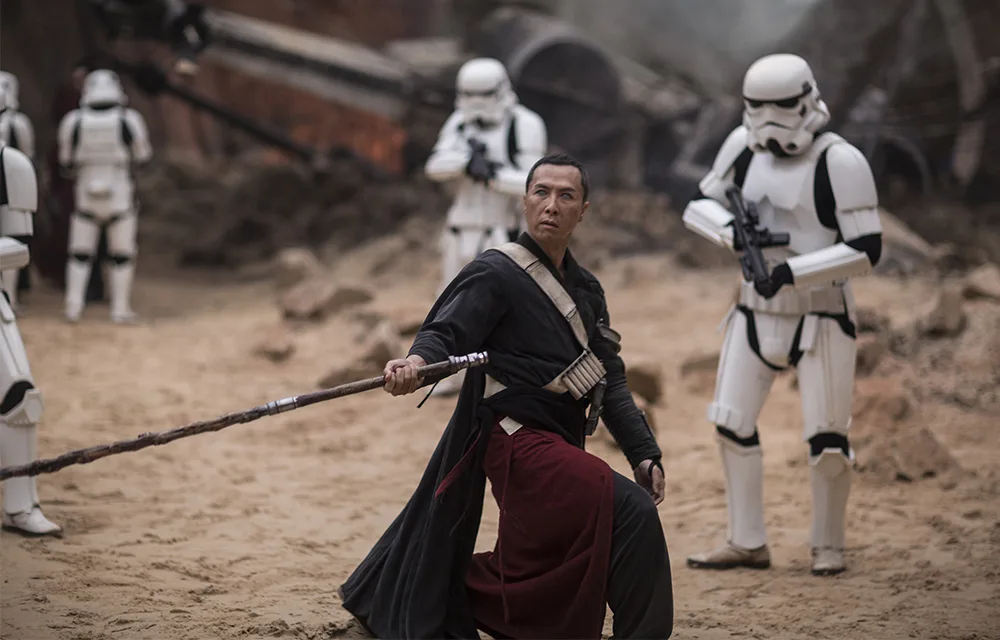
Star Wars might still take place in a galaxy far, far away, but since the franchise was rebooted last year its inhabitants have more closely resembled the diversity of the real world. Episode VII was not only led by a woman (Daisy Ridley, who took no prisoners and broached no romantic sublot), it was replete with non-white faces, from John Boyega, the world’s first black Stormtrooper to Oscar Isaac’s Poe Dameron, a charismatic, Hispanic Resistance fighter pilot.
But it’s this month’s Rogue One: A Star Wars Story that just might be the most meaningful of them all.
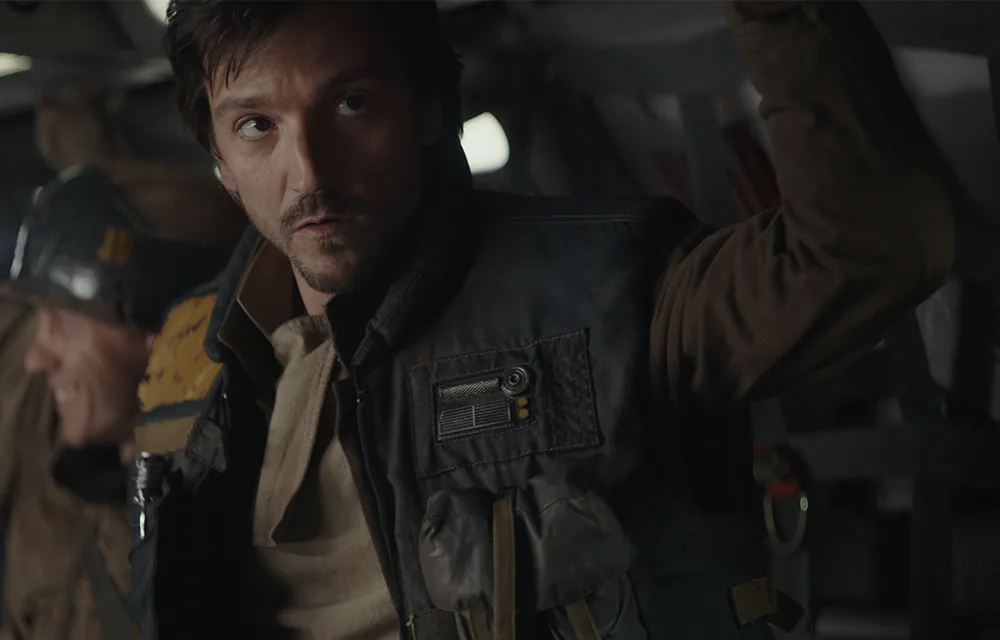
There’s a lot that’s new in Rogue One. There’s no opening crawl, for one – sob – and it’s still unclear just how much of the franchise’s rich, iconic and beloved symbolism and motifs will be carried over to this film. But one new thing that I’m not complaining about is the incredibly diverse cast of rebels assembled to steal the top-secret plans for the Death Star.
Led by Felicity Jones’ Jyn Erso – another independent, fiery female character to stand proudly alongside Rey and Leia in the canon – the film also stars British-Pakistani actor Riz Ahmed, Chinese actors Donnie Yen and Jiang Wen, Mexican actor Diego Luna and African American actor (and Academy Award Winner) Forest Whitaker. These five are joined by a host of supporting characters to form a ragtag band of rebels attempting to steal the top-secret plans for the Death Star. It’s a fantastically diverse cast, cut from the same cloth as the trailblazing Fast & Furious series, which have always featured Asian and African American leads.
“The films are changing because the audience is changing, and the audience wants to feel represented,” Luna, who plays a plucky rebellion Captain, told People. “Today you go to the cinema, and if you’re not looking at the screen, and you turn, you see that diversity there, you know? And that has to be portrayed in the frame.”
“We wanted to represent new parts of the world,” Gareth Edwards, the director, added to Vulture. “Star Wars is so rich and it seems crazy that everyone’s, like, a white male guy. That’s due to the 1970s and the fact that it was shot in Britain, but I was very lucky: I’m British, I grew up in England, and I got to see myself represented in a film. I think it’s about time that we represented the rest of the world.”
It’s not just a question of racial diversity. The new and improved Star Wars universe celebrates female heroes, as well. That’s in part because of the addition of LucasFilm producer Kathleen Kennedy, who has made it her mission to produce female-led narratives within the franchise.
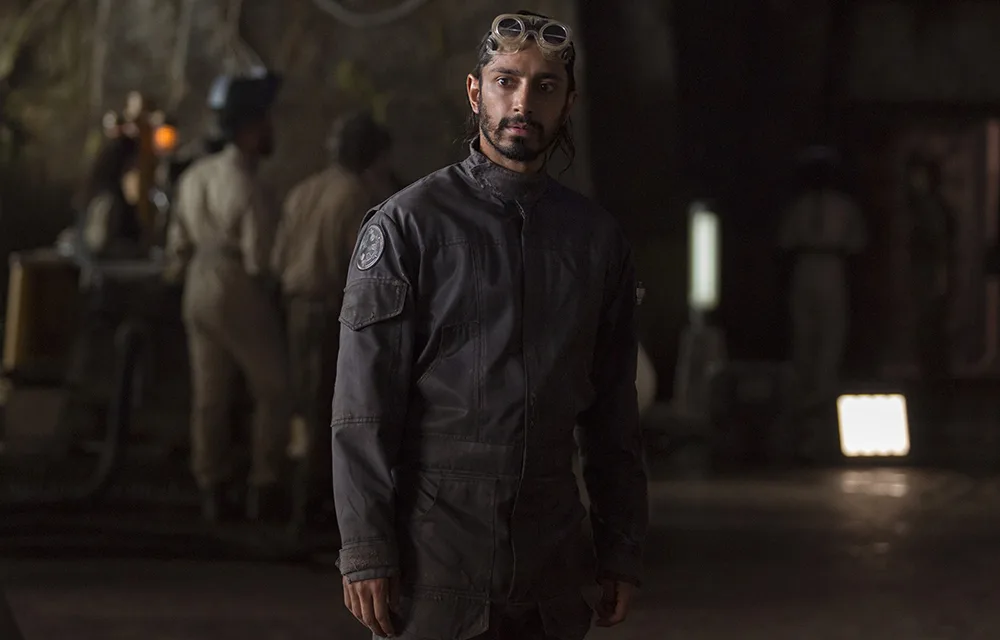
“[Rey and Jyn] are empowered women that are not necessarily just taking on male characteristics, they’re genuinely female heroes. That’s really important to the way we tell stories,” Kennedy has said.
“In Rogue One the irony is, [Jyn’s] not necessarily a female hero, she’s just a very strong, wonderful character. To highlight that as being something specific to being a woman… That’s what I hope disappears over time; that we’re not constantly highlighting this as though it’s something unusual and that it just becomes the vernacular of storytelling.”
As some have pointed out, Felicity Jones’ Jyn may be an enlightened, independent heroine, but she’s also the only one. In the film she finds herself – quite literally – alone, surrounded by other men. (In fairness, Jyn more than proves her mettle, exerting her confidence and agency with aplomb on many an occasion in the film. She’s a very worthy inheritor to Sigourney Weaver and Carrie Fisher’s mantle).
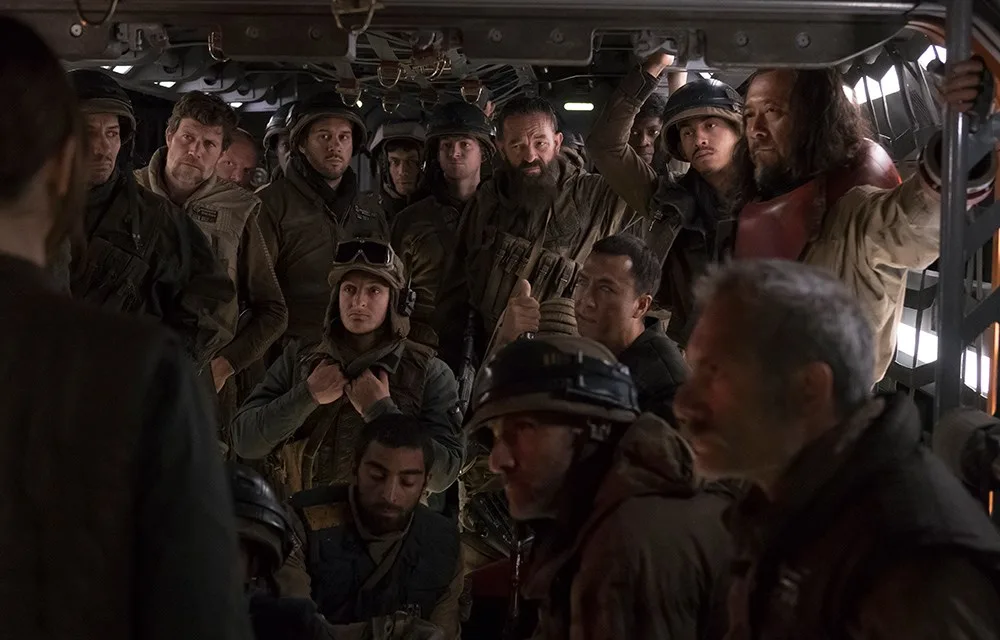
Furthermore, in what is becoming a fist-pumping throughline in the series, Rogue One does not have a romantic subplot. Jyn is not defined by her need, desire or lack thereof of a partner.
“I’ve always been a feminist, and what I love in my work is being able to explore a full-sided woman and not patronise her,” Jones told Glamour this month. “Particularly with Jyn, it’s such a rare opportunity to be able to play a female who’s not just thinking about [romantic] relationships.”
The future – hell, the force – is female.
